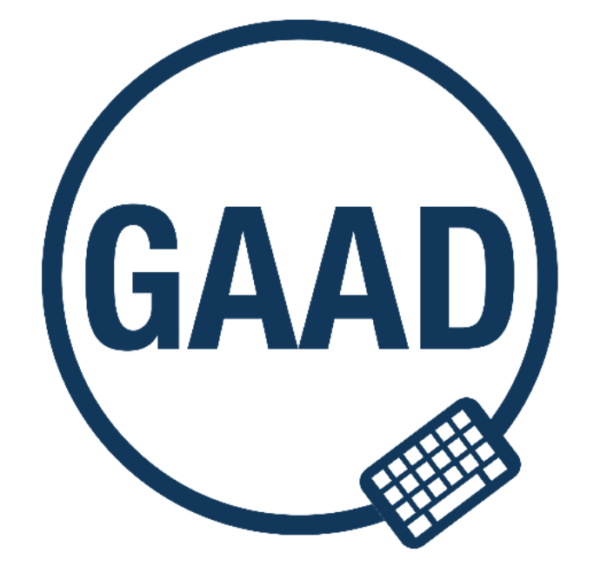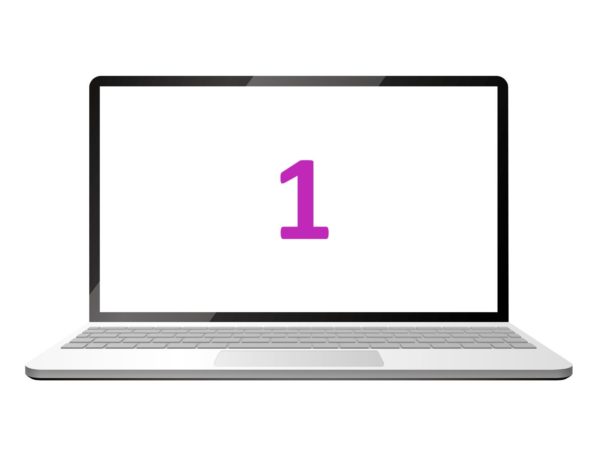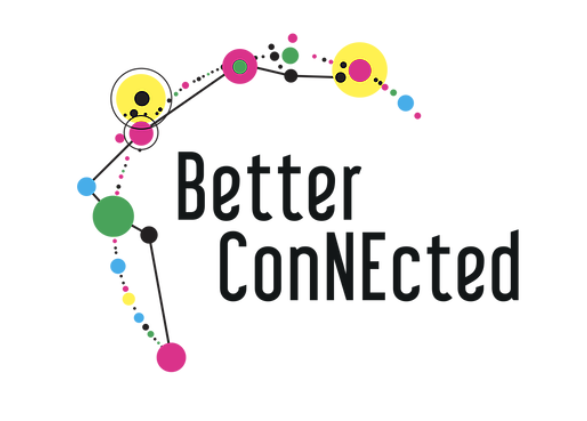Research to make a Difference
You can read our new 2022 Research and Development Strategy
Disability and Weight
Easy Read Healthy Weight in Stockton
You can fill in the short online survey here.
Public Health Stockton-on-Tees is conducting research to better understand the relationship between disability and weight, particularly what helps or prevents disabled people achieving a healthy weight. The purpose of this study is to contribute to their health needs assessment, which is used to help identify areas of priority and support local decision making. For this reason, they have commissioned a Disabled Persons Organisation and a disabled researcher to undertake consultative research with disabled people and associated groups in Stockton-on-Tees. Although principally focused upon disabled people, the study will incorporate the views of carers and other people who support disabled people. The study would like to understand what helps and what prevents disabled people (including disabled children and young people) in Stockton-on-Tees achieving and maintaining a healthy weight, and seek answers to questions such as:
- What are disabled people’s challenges relating to healthy eating and physical activity?
- What do disabled people need to help them participate on an equal footing with non-disabled people?
- What are people’s perceptions of healthy weight, its relative importance in their lives and the experience of weight stigma?
If you feel you could contribute and want to participate in the study, the researcher would like to engage with you. There are lots of different ways you could participate in this research, including: face to face, workshop or group, audio, text and creative, such as models or drawings and an online survey.
If you do want to take part and contribute to an improvement in understanding, please complete this short online survey.
You can also contact Christopher at barefoot@barefootresearch.org.uk or on 07813 789529
Stop People Dying Too Young
Inclusion North, Learning Disability England, Difference North East and British Institute of Human Rights are working together to ask the Ministerial Oversight Group on Do Not Attempt Cardiopulmonary Resuscitation to involve people with lived experience in their work as equal members and to recognise the invaluable contribution they need to make to this work.
The Ministerial Oversight Group was set up to oversee the delivery of the Care Quality Commission’s recommendations on Do Not Attempt Cardiopulmonary Resuscitation decisions set out in their report ‘Protect, Respect, Connect – decisions about living and dying well during Covid-19’. This report showed poor involvement, poor record keeping and a lack of oversight and scrutiny, with decisions being made that were not individualised and not in line with people’s wishes or human rights. People with a learning disability, older people and people with dementia were particularly affected, and Black, Asian and Minority Ethnic people were less likely to know that a Do Not Resuscitate decision had existed for them.
We have co-produced a letter that we intend to send to the Ministerial Oversight Group – see below– and we are seeking your support to demonstrate that this is an issue that a large number of us have concerns about, to encourage the Group to listen and act.
If you wish to add your support, please reply to Melissa@inclusionnorth.org before 22nd October. We will then add your organisation’s name to the list of signatories.
Thank you in advance.
Accessible Cities Campaign
Thank you to those who took part in our ‘Our City, Our Say’ discussions. The impetus for these discussions was Newcastle Councils ‘Newcastle 2030’ plans for transforming the city. We wanted to find out what would make our cities easier to access.
We want to make sure that disabled voices are heard in any decisions that affect us. We spoke to people with varying access and support needs. We asked what people like and/or need to do in the city, and what stops them doing it.
Here are the key topics that came up:
- Training
- Parking and Blue Badges, Public Transport, and Metro Stations
- Digital and Technology
- Local Businesses Incentives and Employment
- Policy, Attitudinal Change, and Intersections of Discrimination
- Support, Assistance and Safety
- Built Environment: Lifts, Level Access, Opportunities for Alterations
- Communication: Disabled People in Decision Making, and Accessible Information Formats
- Barriers
We have sent our response to the City Transformation plans to Newcastle City Council. You can read it here Letter to City Council Accessible Cities 2021
Take One Challenge

It’s Global Accessibility Awareness Day and we’re delighted to see your responses to our Take One Challenge!
Keep up the good work 👏
Thursday, 20th May 2021 is Global Accessibility Awareness Day – GAAD.
The purpose of GAAD is to get everyone talking, thinking and learning about digital access and inclusion.
Difference is supporting GAAD by asking you to participate in our Take One Challenge.
Take just one action between now and 20th May to improve accessibility, either as an individual or an organisation – no matter how small.

Looking for some ideas on how to make accessibility improvements?
Here are a few. You might also want to check the Global Accessibility Awareness Day Website for some great resources and events.
Develop your team
- There is lots of great accessibility guidance and training out there – why not ask each of your colleagues to update their knowledge on one aspect of accessibility and share with the rest of the team?
- Take a look at the great resources on the Enhance The UK and AbilityNet websites
- Ask your disabled colleagues and customers about any difficulties they have using your website, forms or online documents
Develop your corporate style
- Make sure your house style is inclusive and accessible
- Talk to your marketing team about accessible design and make sure your guidance on fonts, colours and logos includes accessibility, e.g. Does it stipulate a minimum font size? Does it state that all images should have an image description?
Update your documents
- Take a document from your website and update it to improve accessibility
- Use an in-built accessibility checker, like the Microsoft Accessibility Checker
Make your website more inclusive
- You don’t necessarily need a whole new website – you will be able to make small improvements which add up to a much more inclusive design
- Remove clutter – simple, clear and clean is better for everyone
- Check all your images have an Alt Text description
- Add captions, or a transcript, to any videos on your website
Still not sure what to do or need further advice – talk to us and we can point you in the right direction.
When you have taken your action, drop us an email or send us a video to tell us about it: richard@differencenortheast.org.uk
Letter to North East MPs
We have written to all of the region’s MPs, making them aware of our work and seeking their support to progress disability equality across all areas of life.
Our letter highlights the disadvantages faced by disabled people in many important areas, and asks that discussions on recovery and ‘levelling up’ take account of the needs and rights of disabled people.
Disability Strategy
In December 2020, Difference submitted the following letter to the Government’s Disability Unit, outlining our priorities for the new national Disability Strategy.
We had some serious concerns about the consultation process, which we felt was under-resourced and did not adequately involve Disabled People’s Organisations.
Manifesto for a Better Normal
The Coronavirus crisis has been a terrible, damaging time for many disabled people in our region. The impact has been felt in many ways – physical, mental and financial. However, this period has also opened up some new ways of delivering services and introduced new ways of working that are more accessible for many disabled people.
As we head into a huge recession, with backlogs in healthcare and the threat of further waves of COVID, disabled people face more damaging impacts that threaten to erode any progress we have made towards equality over recent years.
Now is the time to take stock, learn from our mistakes and plan for a fairer, better normal for disabled people.
A group of north east user-led charities, including Difference North East, Disability North, Inclusion North, United Response, Newcastle Vision Support, Just Fair, Recoco and Skills for People, has worked together to come up with a ‘Manifesto for a Better Normal’. Based on our experiences of supporting disabled people before and during the COVID crisis, we have set out aspects of policy and practice that have let disabled people down, and those that have helped and could continue to help as part of a new approach.
Manifesto – Briefing – Easyread
Manifesto – Full Report – Easyread
Contacts: full contact details are contained in the report for all those charities that have contributed to the Manifesto. Difference contact – richard@differencenortheast.org.uk
EPIC RESOURCES
EPIC Example – Alphabetti Theatre
Here’s an example of a great EPIC plan that’s been put in place at Newcastle’s Alphabetti Theatre. They’ve taken the opportunity of the forced closure to make some great changes to Alphabetti’s building, facilities and systems, with the overall aim of improving access for disabled audiences, performers and staff.
EPIC Example – Difference North East
EPIC Plan – Difference North East
Better ConNEcted
 Difference is working with a number of north east organisations and individuals to address the issue of digital exclusion in our region. We believe that good digital access is essential for accessing goods, services and information. It is no longer a luxury, but a right that we should all enjoy.
Difference is working with a number of north east organisations and individuals to address the issue of digital exclusion in our region. We believe that good digital access is essential for accessing goods, services and information. It is no longer a luxury, but a right that we should all enjoy.
We are particularly keen that the needs of disabled people are considered, and are looking at ways of improving knowledge, skills and confidence about digital accessibility and assistive technology in our region.
Read our latest blog on this campaign.
Check out the excellent campaign website to find out more and see how you can support this work.
Contacts: email the campaign team at betterconnectedne@gmail.com or richard@differencenortheast.org.uk

